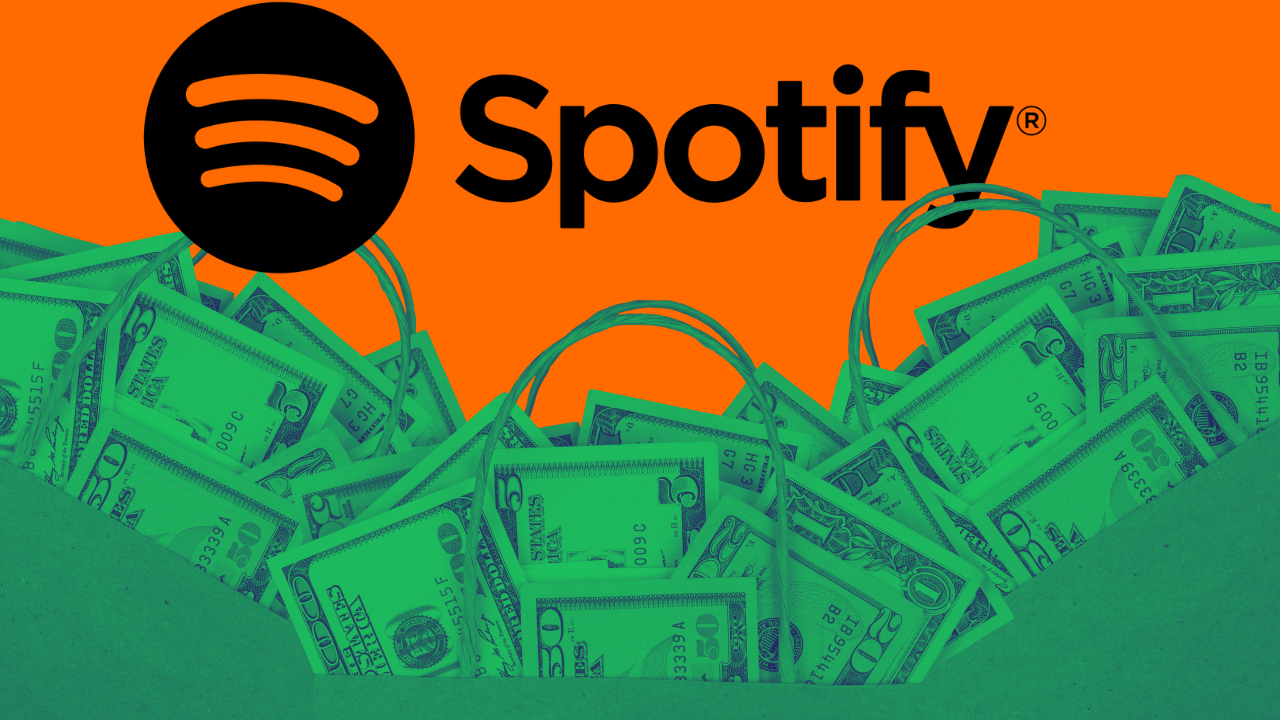Boasting the promise of greater algorithmic consideration, the latest Spotify tool appears to be a modern ‘Pay 2 Play’ scheme.
On Monday, November 2, Spotify announced a new tool for artists that promises preferential algorithmic treatment for songs dubbed ‘priority.’ That is all good and well, as most artists would love more people to hear their music platform. However, the offer comes with a MAJOR catch.
“In this new experiment, artists and labels can identify music that’s a priority for them, and our system will add that signal to the algorithm that determines personalized listening sessions,” the statement reads. “This allows our algorithms to account for what’s important to the artist.”
Every song marked as priority will have a lower royalty rate. Artists will make less money per stream for songs that participate in Spotify’s new program. That’s a significant problem when you consider that the company typically only pays $0.004 per stream (on average).
To quote the company:
“Labels or rights holders agree to be paid a promotional recording royalty rate for streams in personalized listening sessions where we provided this service.”
The company also adds that the new program “won’t guarantee placement to labels or artists.”
In this Music Biz update, host James Shotwell breaks down Spotify’s latest offer. He weighs the pros and cons of participation in the ‘priority track’ promotion and what this development tells us about the company’s future. Check it out:
Learn more by subscribing to our YouTube Channel.
Just last week, over 4,000 independent artists in the Union of Musicians and Allied Workers presented a new campaign demanding that Spotify pay at least one cent per stream, among other requests for a more equitable streaming environment. “Music workers create all of the enormous wealth Spotify accumulates for its CEO, its investors, and the major labels,” the Union wrote in an open letter. “But we artists continue to be underpaid, misled, and otherwise exploited by the company.”

